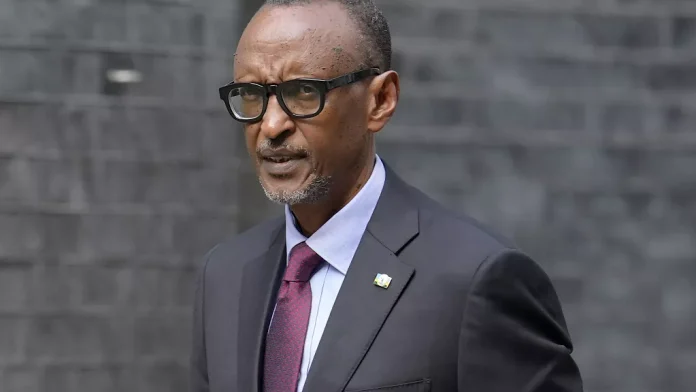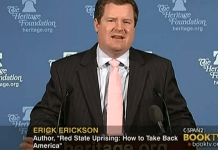Rwandans are gearing up for the upcoming elections on July 15th, where they will have the opportunity to choose from three presidential candidates and over 500 aspiring Members of Parliament (MPs). The Rwanda National Electoral Commission recently unveiled the names of candidates participating in both the presidential and parliamentary polls.
At the forefront of the presidential race is Paul Kagame, who has served as Rwanda’s president for 23 years and has been the leader of the Rwandan Patriotic Front (RPF) since 1998. He faces competition from Frank Habineza of the opposition Democratic Green Party of Rwanda and Philippe Mpayimana, an independent candidate. In total, nine candidates submitted their candidacy to the National Electoral Commission.
Frank Habineza, who previously contested in the last presidential election, secured less than 2% of the votes. Meanwhile, Paul Kagame has secured victories in the previous elections held in 2003, 2010, and 2017, consistently garnering over 90% of the vote. However, his tenure has not been without criticism, as critics and rights groups accuse him of governing in an environment that suppresses dissent and curtails freedom of speech.
In a significant development, last April, the Liberal Party (PL) and the Social Democratic Party (PSD) joined four smaller political parties already in coalition with the ruling RPF to endorse Paul Kagame’s candidacy. This endorsement further solidified Kagame’s position within the political landscape leading up to the elections.
The electoral process in Rwanda is a critical event that determines the future leadership and direction of the country. With a population actively engaged in civic duty, Rwandans are preparing to exercise their democratic rights amidst a backdrop of diverse political ideologies and candidates vying for positions at both the presidential and parliamentary levels.
Paul Kagame’s leadership of the RPF has been marked by significant economic development and infrastructural improvements in Rwanda. His policies have focused on promoting stability, economic growth, and reconciliation following the devastating 1994 genocide against the Tutsi population. Despite these achievements, his administration has faced scrutiny for its approach to political dissent and human rights, raising concerns both domestically and internationally.
As the election day approaches, the spotlight remains on the candidates’ campaigns, their policy platforms, and their visions for Rwanda’s future. The electoral landscape reflects a diverse array of voices and perspectives, with candidates presenting various strategies to address the country’s socio-economic challenges and opportunities.
The parliamentary elections alongside the presidential race will also play a crucial role in shaping Rwanda’s political landscape. With over 500 aspiring MPs competing for seats, the election outcomes will determine the composition of the Rwandan Parliament and its role in legislative processes and governance.























